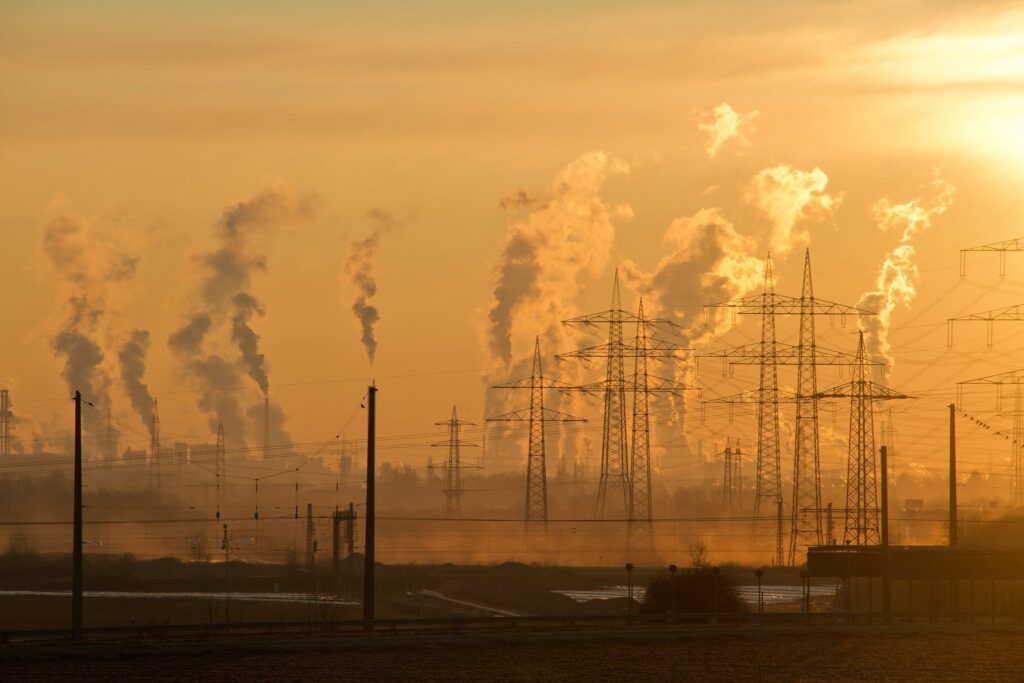Written by: Cansu Ostojic
COP28: Navigating the Crossroads of Climate Action, Economic Interests, and the Imperative for Decarbonization
The 28th Conference of the Parties (COP28) to the United Nations Framework Convention on Climate Change (UNFCCC) is unfolding as a pivotal moment in the global battle against climate change. Against the backdrop of alarming scientific findings, economic interests, and the pressing need for decarbonization, COP28 stands at the intersection of challenges and opportunities.

The Urgency of Climate Action
COP28 commenced against a backdrop of urgency, with scientific reports highlighting unprecedented temperature rises, extreme weather events, and ecological disruptions. The imperative for decisive climate action is more pressing than ever, setting the stage for nations to reassess their commitments and collaborate on ambitious strategies to decarbonize and mitigate climate change.
Economic Interests and the Transition to Renewable Energy
Economic interests take center stage at COP28, with reports suggesting nations, including the United Arab Emirates (UAE) who are the hosts of COP28, are using the conference to lobby for oil deals . This underscores the delicate balance between transitioning to renewable energy and sustaining economies heavily dependent on fossil fuels. COP28 becomes a platform for negotiating the challenging terrain of decarbonization and economic viability.
The concept of “Balanced Perspective” in the context of discussing economic interests, such as the UAE’s lobbying for oil deals during COP28 is critical for a comprehensive understanding of the challenges in transitioning to renewable energy.
-
- Conflict of Interests: Economic interests, particularly in countries heavily reliant on fossil fuels for revenue, can create a conflict of interest when negotiating climate policies. The UAE, known for its significant oil reserves, may advocate for policies that are more lenient on fossil fuel usage to protect its economic interests. This could lead to compromises in climate agreements that are less stringent than what might be needed to meet global climate goals.
- Influence on Policy Making: Nations with strong economic stakes in fossil fuels can exert considerable influence on the policy-making process at COP28. Their lobbying efforts might sway decisions towards slower transitions to renewable energy, or the implementation of policies that allow for continued fossil fuel exploration and extraction under certain conditions.
- Investment in Renewable Energy: On the other hand, countries like the UAE have also been investing in renewable energy. This dual approach – investing in renewables while also maintaining fossil fuel interests – might be a strategy they advocate for at COP28. This could shape discussions around how to balance immediate economic needs with long-term sustainability goals.
- Technological and Economic Transition: The shift to renewable energy requires substantial investment in technology and infrastructure. Countries dependent on oil revenues might lobby for support or transition periods, arguing that abrupt changes could harm their economies. They might also push for technologies like carbon capture and storage (CCS) to be recognized as viable solutions, allowing them to continue fossil fuel use while ostensibly reducing emissions.
- Global Equity and Responsibility: Discussions might also revolve around the concept of differentiated responsibilities. Developing or emerging economies, including oil-exporting nations, might argue for their right to economic development similar to what developed nations had, thereby seeking concessions or support in the transition to cleaner energy sources.
- Market Dynamics and Energy Security: The global dependency on oil and gas also plays a role in these discussions. Nations might argue for a pragmatic approach, emphasizing the need for energy security and stable markets during the transition to renewables. This could lead to agreements that consider phased reductions in fossil fuel use rather than abrupt cessation.
- Long-Term Climate Strategy: Finally, how these economic interests align with long-term climate strategies will be crucial. There’s a risk that short-term economic interests could overshadow the urgency of addressing climate change, leading to policies that may not be aggressive enough to meet global climate targets.
The balance between economic interests, particularly of fossil fuel-dependent nations, and the urgent need for climate action, presents a complex dynamic at COP28. Understanding and analyzing these interests is key to anticipating the nature of the agreements and commitments that might emerge from such conferences.

As COP28 unfolds, the global community is faced with the challenge of navigating a complex landscape that encompasses urgent climate action, economic interests, and the imperative for decarbonization. The decisions made at COP28 will not only shape the trajectory of global efforts to address climate change but also define the path towards a sustainable and resilient future grounded in decisive and impactful decarbonization strategies. This urgency for global action is why we developed our software Carbonsight in the first place. As an online decarbonization planning tool for real estate portfolios, it helps companies and buildings owners with building portfolios of any size create a building-by-building plan of action to hit carbon reduction targets cost effectively. We are honoured to bring Carbonsight to industry leaders to take positive steps towards decarbonization.





